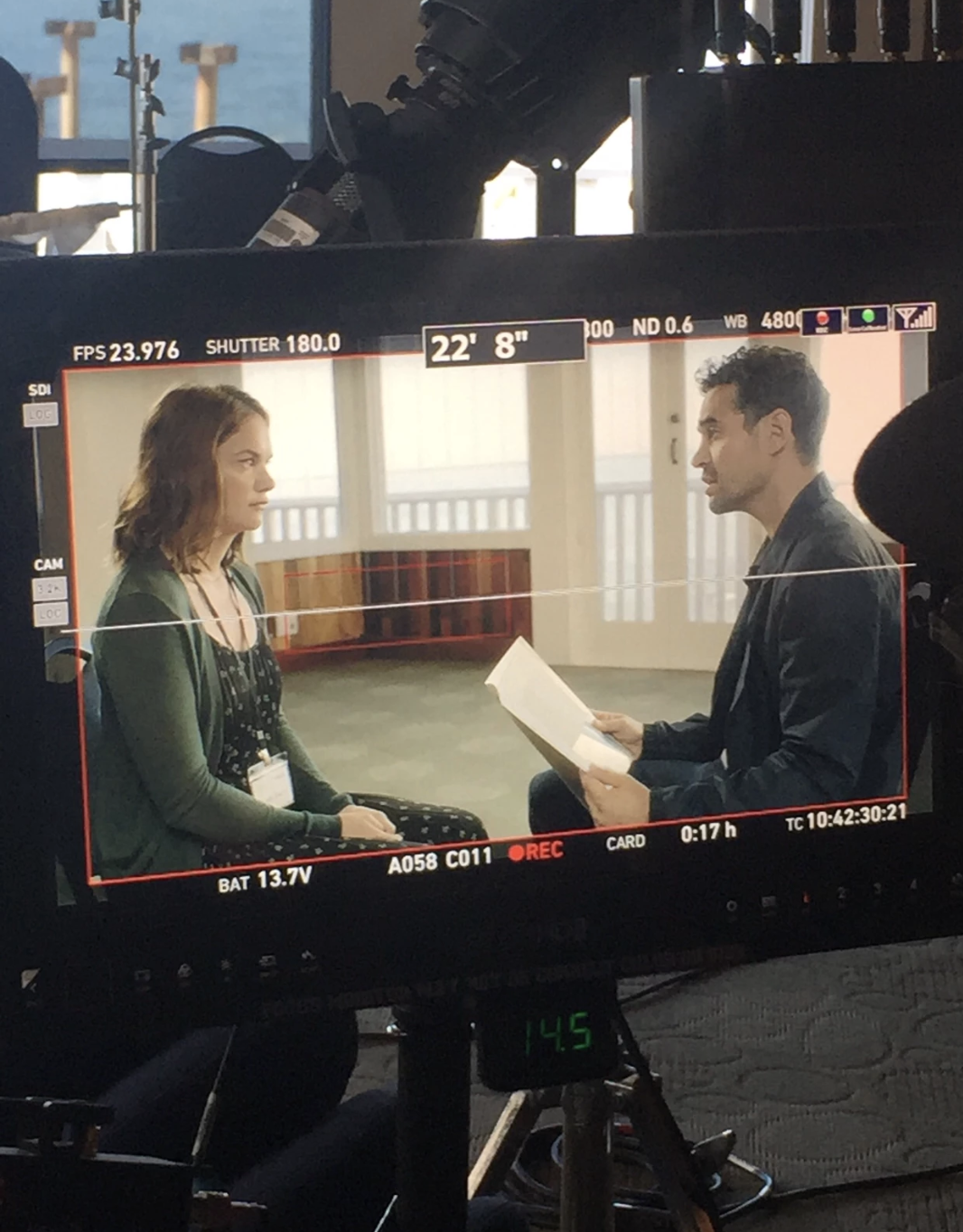- Placing our personal agenda last so as to not displease or arouse anger or envy
- Other co-dependent behaviors, such as care-taking, rescuing, or enabling to stave off abandonment
- Restricting our range of feeling by encouraging us to always be in control, busy, and/or numb
- Suppressing our intelligence, talent, enthusiasm, sensuality, and wildness
The loyal soldier believes that it is better to be suppressed or inauthentic or small than socially isolated or emotionally crushed.
The loyal soldier did in fact keep us safe in childhood. The problem is these strategies become ingrained in our functioning, even after the threats are over. And not only are they no longer helping us, they become an obstacle to growth."
In what ways does your loyal soldier show up?
- By choosing social acceptance over authenticity?
- By avoiding conflict or fear of upsetting/disappointing people?
- By going along with the crowd because it’s easier or because you don't know what you truly want?
- By avoiding unnecessary risks?
- By suppressing your hurt or anger?
- By suppressing your natural gifts because you don't want to stand out?
When you notice yourself enacting any of these strategies, try thanking your loyal soldier for protecting you during the war, and remind her that the war is over.
Tell her what you’ll do in place of the old strategies, and remind yourself of the new resources available to handle any new crises that might arise along the way.
It's time to retire your loyal soldier!
- Bill Plotkin




